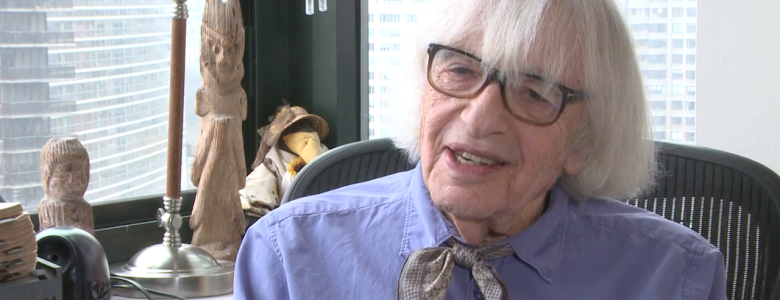In April 2014, Daniel Pick sat down with Robert Jay Lifton for a wide-ranging discussion about Prof. Lifton’s life and research. In this third installment from that interview, Prof. Lifton speaks about his experiences during the Korean War as a psychiatrist serving in the US Air Force.
Lifton describes how he spent his war service stationed in Taegu (now Daegu), South Korea from 1951 to 1953. He provides context for this period by explaining the influence of McCarthyism within the United States, and reflects on the causes of the Korean War. He considers the differences between his ‘tender-hearted’ approach to military psychiatry and that of his more command-minded colleagues. In the second portion of this video, Lifton tells of his experiences interviewing American POWs aboard the troopship, the General John Pope, as they sailed back to the United States to be repatriated. US military and government officials feared that these POWs had been ‘brainwashed’ during their captivity by a process that Chinese communists called ‘thought reform’, and so the military arranged for teams of psychiatrists to interview the servicemen during the voyage about this process.
Lifton remembers the returning soldiers experiencing a mixture of emotions, including confusion, uncertainty and relief. In their interviews with psychiatrists aboard the ship, many of these men explained their response to Communist thought reform: ‘we put our minds in neutral.’ As these servicemen worked to overcome their feelings of what Lifton calls ‘psychic numbness’, he and his fellow psychiatrists were careful not to record stray comments or observations that might put these recovering POWs under unfair scrutiny – by McCarthyists or others – once back in the United States.
In the first installment of this interview series, Lifton discusses his research on brainwashing and totalism. The second covers Lifton’s intellectual influences, including his complex, sometimes critical, engagement with psychoanalysis.
This interview was filmed by Doug Higginbotham, and edited by Ian Magor.



